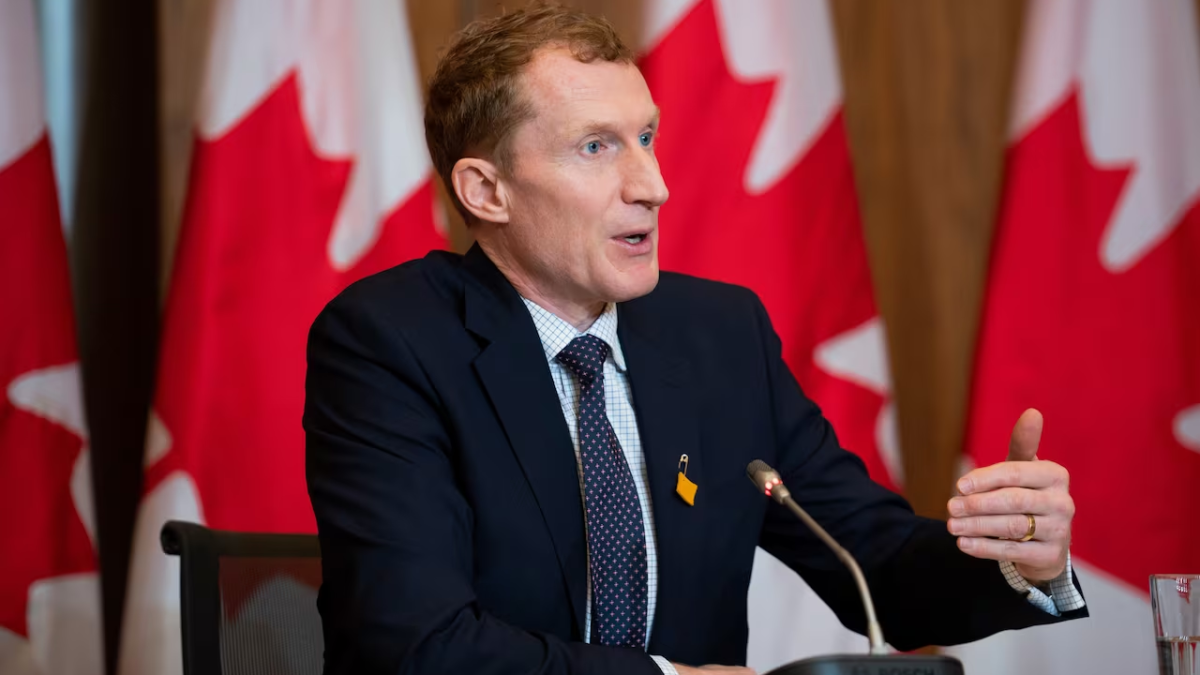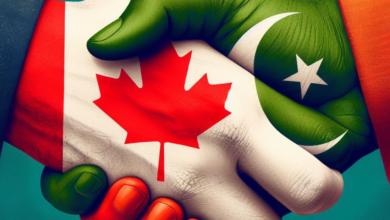Canada
Big Breaking: Canada Announced 2-Year Cap on International Students

Amid a national housing crisis, the Canadian immigration minister announced fresh steps on January 22 to reduce the number of foreign students entering the country.
The 2024 cap will result in 364,000 approved study permits—a decrease of 35% from 2023.
Statement of Minister Marc Miller Cap on International Students
- Implementation of a 2-year temporary cap on international undergraduate students.
- Requirement for international students to include a provincial attestation with their study permit application.
- Starting from September 1, Post Graduation Work Permits (PGWP) will no longer be accessible for public/private institution models.
- Future announcements in Canada indicate that open work permits for spouses will exclusively apply to international students in Master’s and Ph.D. programs and professional programs such as medicine and law.
- Exclusion of spouses of international students in other education levels from eligibility for an open work permit.
You may also like to read
How To Get A Canada Visitor Visa Under The Digital Nomads Program
Further Details
- The cap on students will not impact current study permit holders in Canada, including those seeking to extend their studies.
- The 2024 cap aims to limit approved study permits to 364,000, representing a 35 percent decrease from 2023. The cap for 2025 will be reevaluated by year-end.
- With the cap in place, the number of new international student arrivals to Canada will match the number of students whose visas expire, resulting in no overall increase in the international student population.

- These measures address concerns about affordability and housing availability in Canada. From October 2022 to 2023, the country’s population grew by 1.25 million, marking a 3.2 percent growth rate, the fastest since the 1950s, largely driven by temporary residents like international students and temporary foreign workers.
- The cap’s implementation is province-based, leading to varying reductions. Some provinces may increase their international student intake, while others may experience decreases. Ontario, for example, could see a 50 percent decrease.
- Reports suggested that the federal government planned to cap student numbers in Ontario, British Columbia, and Nova Scotia.
- However, there will be no caps on Masters and PhD students, and primary and secondary school students are exempt from the cap
Follow Us









